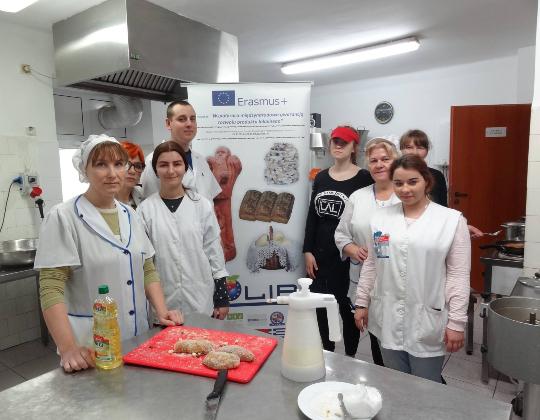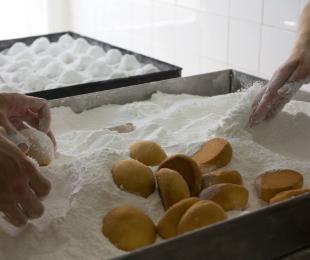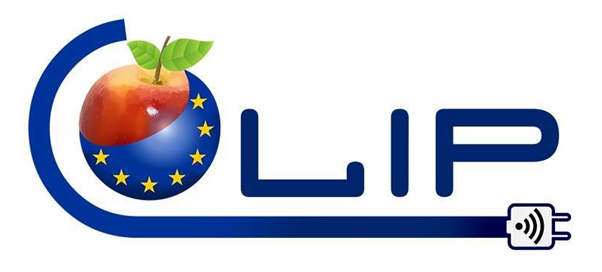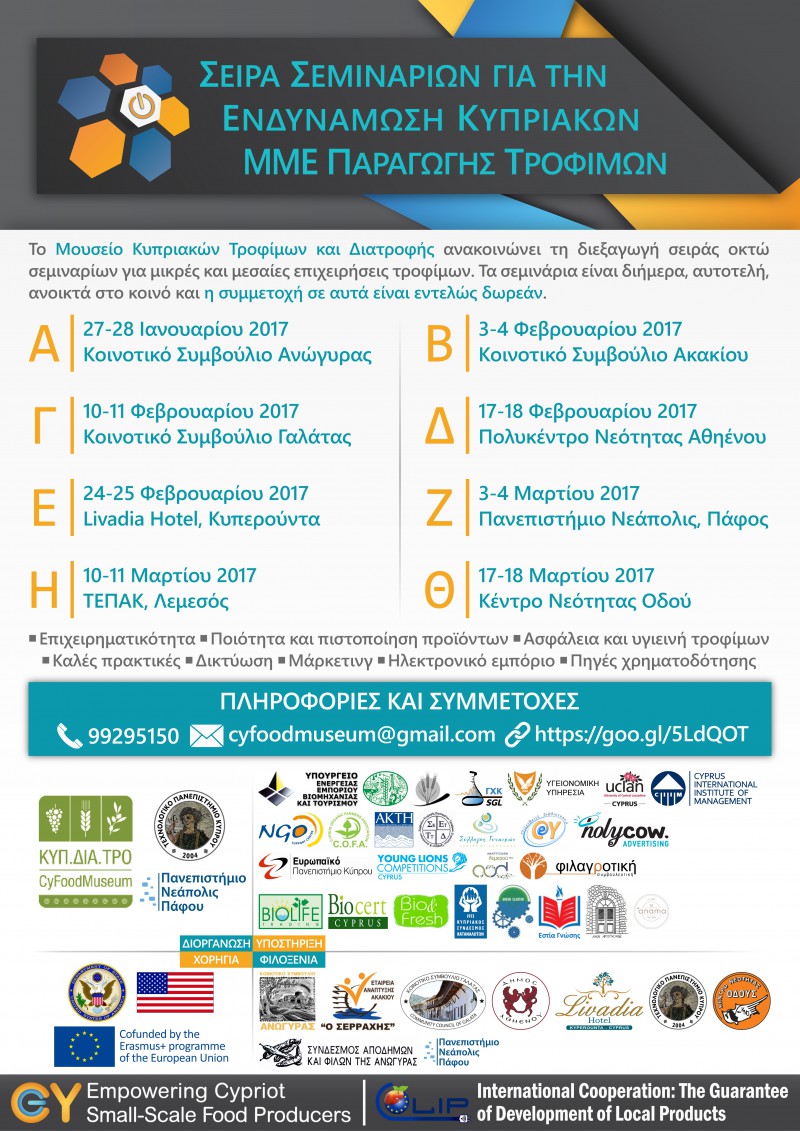International Cooperation: The Guarantee of Development of Local Products
Empowerment of local producers
The main goal of the project is to educate local food producers, in order to equip them with knowledge and skills to effectively promote their products and expand their businesses. Erasmus KA2: 2016-1-PL01-KA202-026313


Specific Objectives
- Raise the level of ICT competence.
- Getting skills in the use of online tools in the process of lifelong learning.
- Learning through sharing experiences online - used in the promotion and distribution of regional products.
- Raise the level of marketing skills that lead to the development of small local producers and service providers which in the future may result in creation of new jobs.
- To enable a decision looking for a job in the market broadly understood local products (graduates of vocational schools).
- The increased popularity of organic local products.
- Popularization and promotion of the production: herbs, cheese, honey, vegetables, fruit, meat, handicrafts at the local and international market.
- Popularization of sourcing products that occur naturally as a source of additional income.
- Establishing cooperation between schools enrolled in the agri-food sector and producers to familiarize young people with the production and possible traineeship.
- Establishing cooperation with local government.

The Role of the Cyprus Food and Nutrition Museum
Organization of eight two-day seminars targeting small and medium-sized food enterprises, covering training in the following areas:
- Product quality and certification
- Health and safety procedures
- Entrepreneurship development
- Networking, marketing, and branding
- Funding opportunities
The topics were presented by speakers with extensive expertise and experience from academic institutions, universities, companies, food businesses, and government agencies, offering practical advice for business development.
The seminars were funded by the U.S. Department of State through the Alumni Engagement Innovation Fund (AEIF) and co-funded by the CLIP program.
